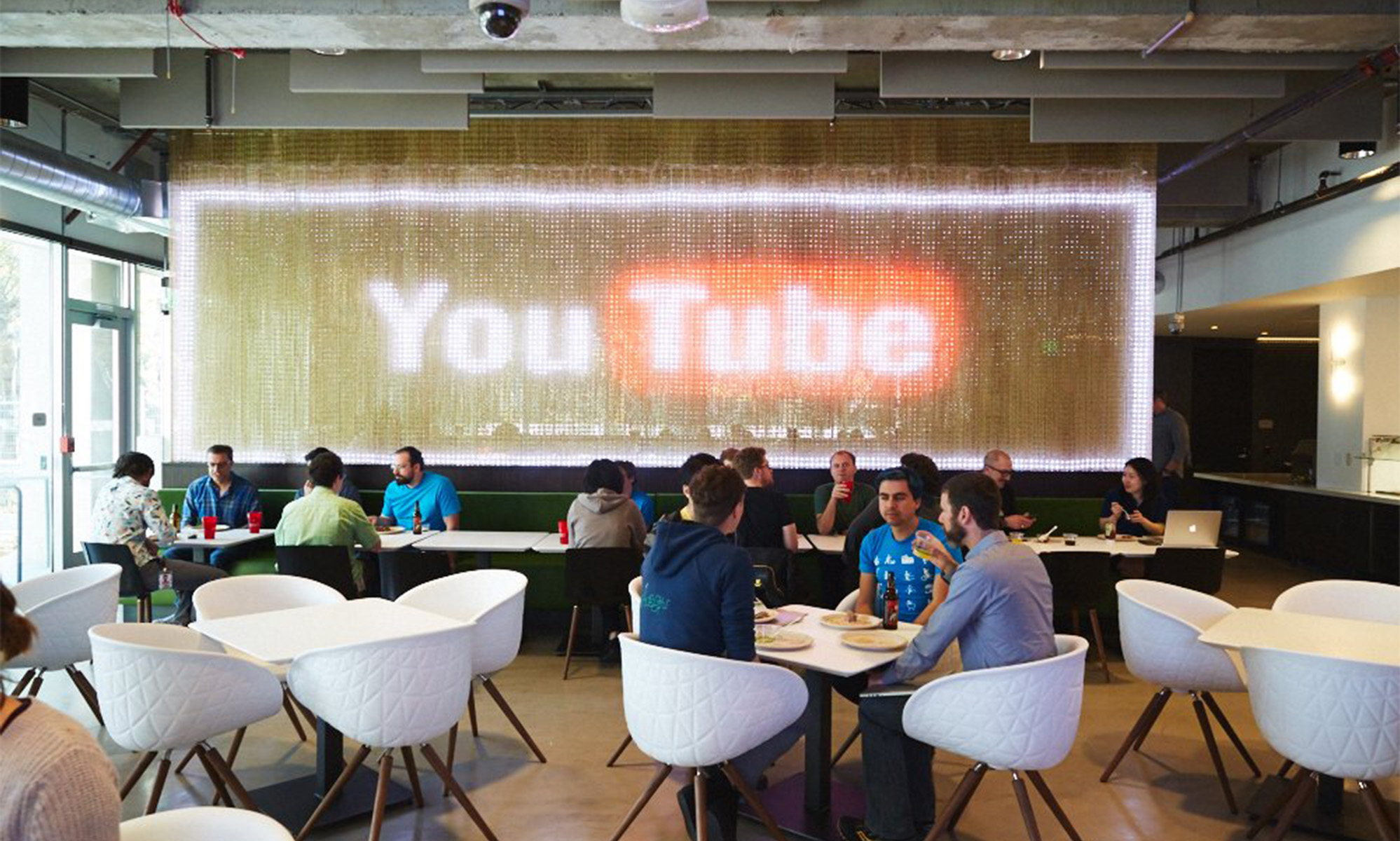Little changed in Q3 for the top two smartphone OS providers in the world. Proving you don't have to like each other to successfully compete in the same market, Google (GOOG 0.83%) and Apple (AAPL 0.93%) continued to rule the mobile OS universe. Android and iOS remained a solid first and second in Gartner's most recent report detailing worldwide mobile phone sales results in Q3.
Even their respective lawyers are pretending to get along, as Google's Motorola Mobility division and Apple wind up their ongoing legal discussions involving the alleged misuse of patents. Google's head attorney, Kent Walker, said, "We have long sought a path to resolving patent issues and we welcome the chance to build on the constructive dialogue between our companies."
Apple's head legal eagle, Bruce Sewell, echoed Walker, "Apple's goal has always been to find a mutual and transparent process to resolve this dispute on terms that are fair, reasonable and non-discriminatory without the threat or taint of exclusionary remedies."
How dominant is dominant?
Now that the two industry leaders are close to sweeping the legal issues under the rug, they can get back to squashing the pretenders in the mobile OS marketplace. Even before the latest numbers were released, Google's Android was far and away the leading OS in the smartphone world. Google owned over 52% of the OS market in Q3 of 2011, with nearly 62 million units running Android (out of the 115 million mobile phones sold). Apple's 17.3 million iOS units was a solid, -- albeit distant -- second, earning 15% of the market.
This year? Of the 169 million mobile phones consumers gobbled up in Q3, over 122 million -- or 72.4% -- were Android devices. Apple's share of the OS world rose by volume, but shrank to a still solid 13.9%.
As Nokia (NOK 0.91%) continued phasing out its once-dominant Symbian OS, and Microsoft (MSFT +0.70%) did the same with its Windows 7, the BlackBerry OS from Research in Motion (RIMM 1.02%) leapfrogged to No. 3, selling just under 9 million phones running its BlackBerry system. RIM gained share, but overall sales declined as it bides time until the BlackBerry 10 OS hits, scheduled for release on Jan. 30, 2013.
With the acquisition of Motorola Mobility, and the release of the Nexus 4 in partnership with LG, Google's made it clear it intends on making a splash in the mobile manufacturing scene. Like all smartphones, some features impress, others receive less-than-favorable reviews, but the fact remains -- Google is going to be a force in smartphones. And it's the Android Jelly Bean OS that will drive Google's rise to a leading smartphone builder.
Android's nice, but what about Google as an investment?
Entering the mobile manufacturing market with a splash is well and good, and expanding its OS dominance is impressive, but does that make Google a buy? You bet. Record revenue in the recently completed third quarter, along with adding to its already stellar balance sheet, were great to see. What made the Q3 financials more impressive are the results came even as Google increased research and development costs, and took a restructuring hit for the Motorola acquisition.
With over $2.5 billion added to its cash position compared to Q2 of this year, Google's now sitting on $45.7 billion. Acquisitions are hardly out of the question, but I'd like to see Google give some of that given back to shareholders in the form of a dividend, much like Apple did recently.
Google's continued transition from an old-school search engine, to a diversified technology provider, sets it apart. For a mid to long-term addition to a portfolio, you could do a lot worse than Google -- with or without a dividend.









